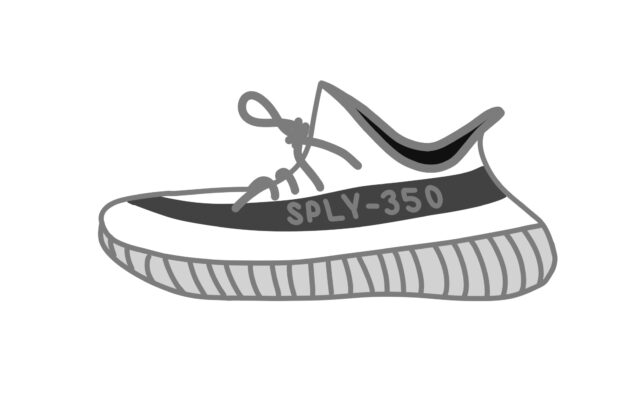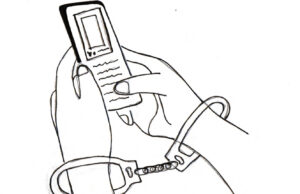Adidas seeks to rebrand itself and move forward into the future

After German sportswear company Adidas broke its contractual link with Kanye West and his Yeezy sneaker line in October 2022, the brand faced a major financial and ethical dilemma.
In a recent statement issued by the company relating to risks to its earnings in the future, Adidas decided not to sell existing merchandise, as they have officially cut of West. This decision is anticipated to reduce the company’s annual sales by around $1.28 billion and its annual profit by $533 million if they cannot find a new use for Yeezys. Experts in the fashion industry find that the amount of money Adidas could lose is so large that it has rarely been seen in the field.
Getting rid of unwanted, leftover products is a common dilemma for the retail industry. Adidas could try to resell their inventory in-store at a significant discount by removing the Yeezy-specific branding, a trademark of West’s brand. Adidas may make some money with this technique, but repackaging the goods presents its own difficulties.
The corporation thinks repurposing products at a significant discount could tarnish the brand’s reputation. In order to turn a profit without harming their reputation in major consumer markets like the United States and Europe, companies seek smaller markets, likely in developing nations.
It is no secret that repurposing the brand has its own risks. Retail experts believe that destroying unsold merchandise is not a viable strategy because of the financial loss and the potential to face backlash. Popular fashion companies such as Coach, Burberry and H&M have previously faced criticism for the same form of apparel disposal.
The experts at Adidas believe that donating merchandise is more beneficial for their reputation and sustainability purposes. With the recent Turkey-Syria earthquake, Adidas has had the great opportunity to donate to disaster relief. While it will give the company some goodwill from the public, the company is still yet to compensate for their financial issues.


